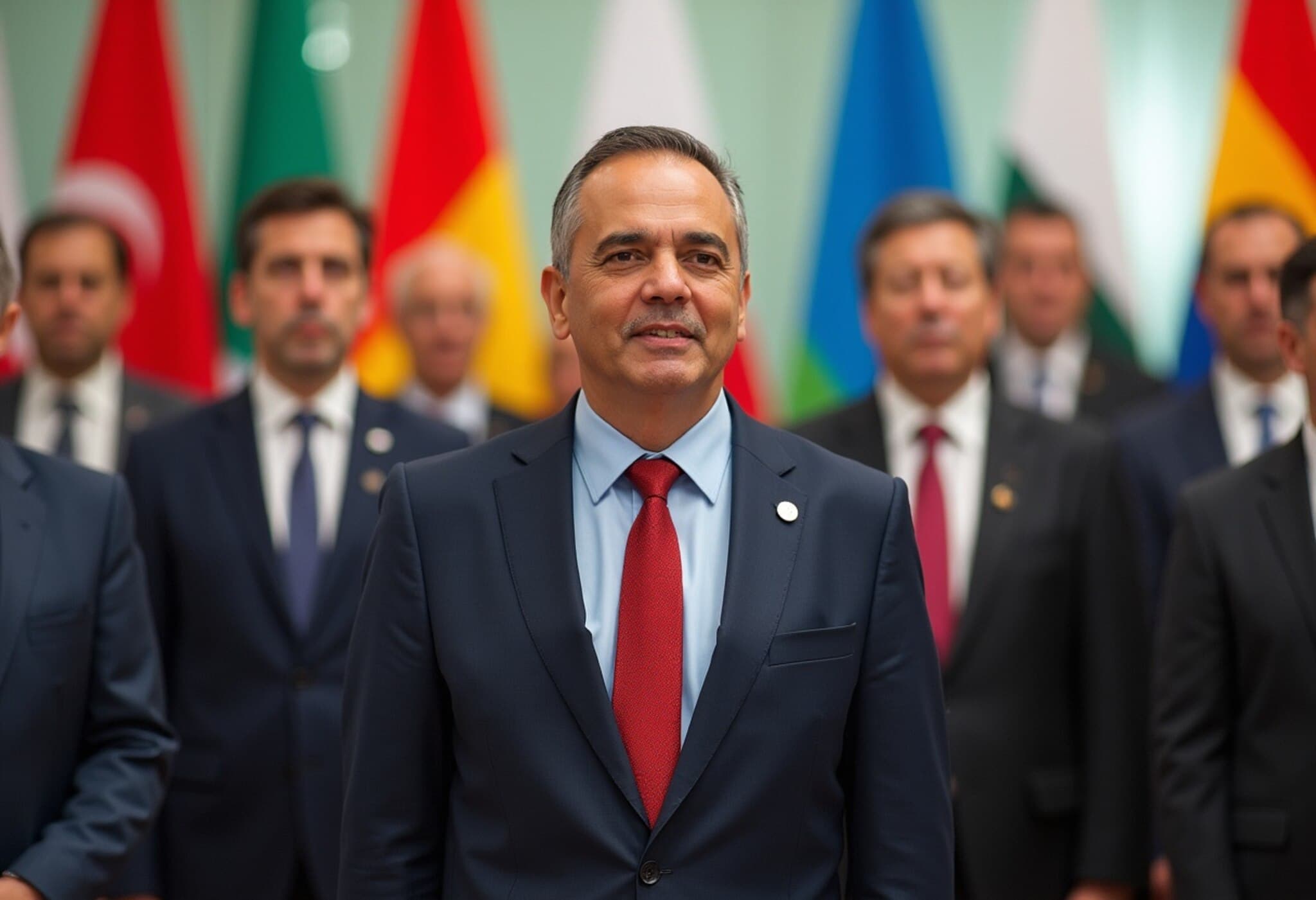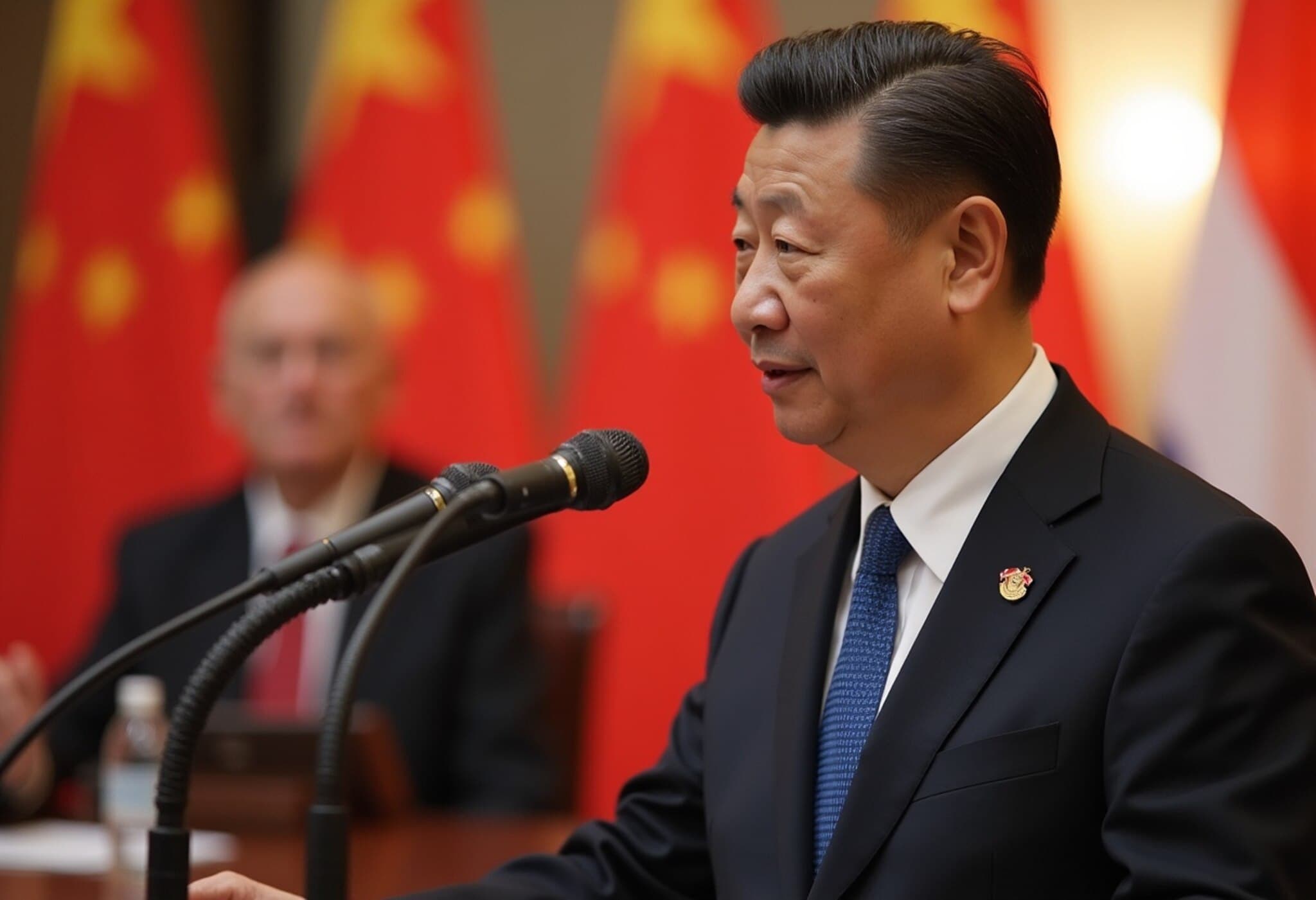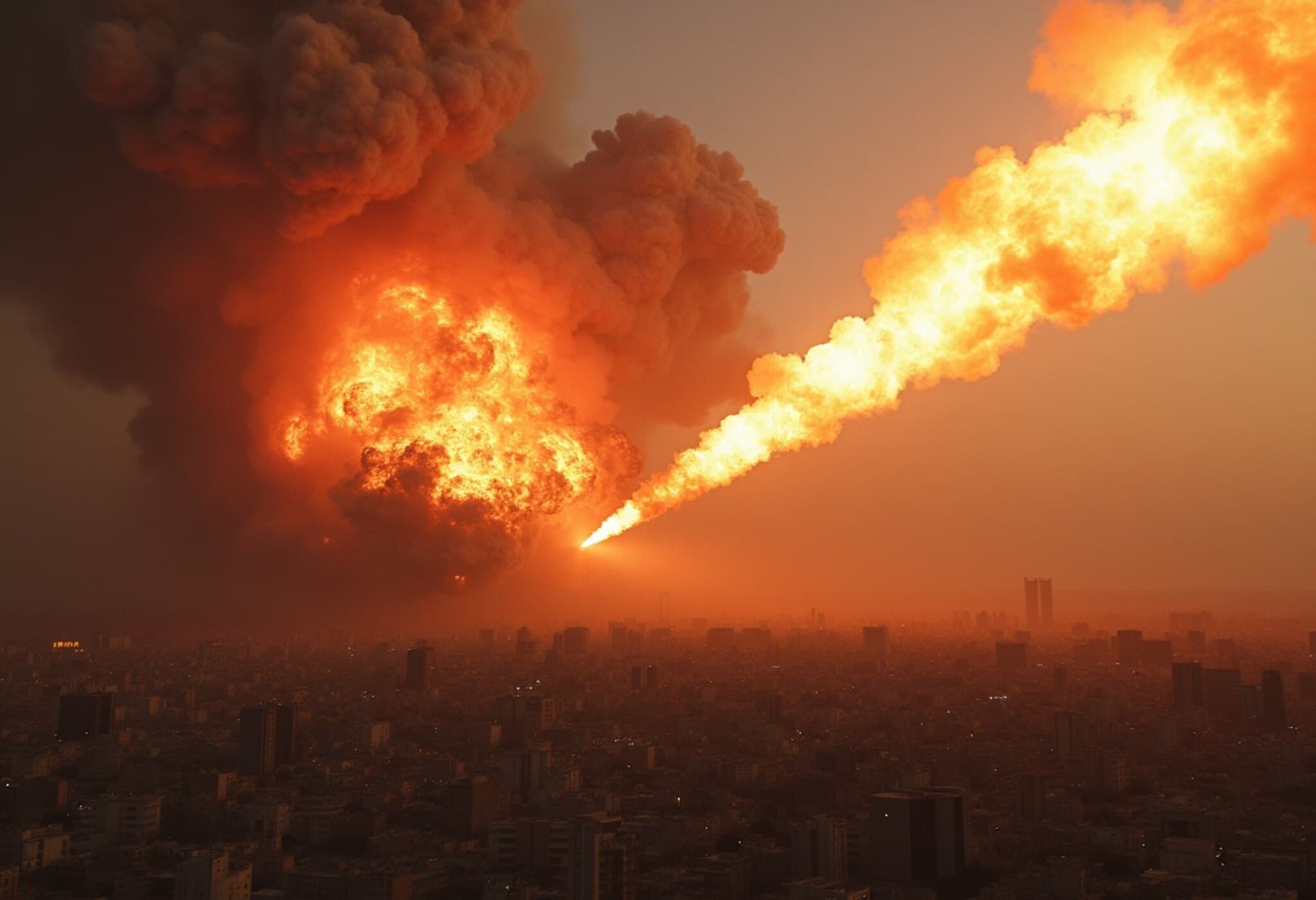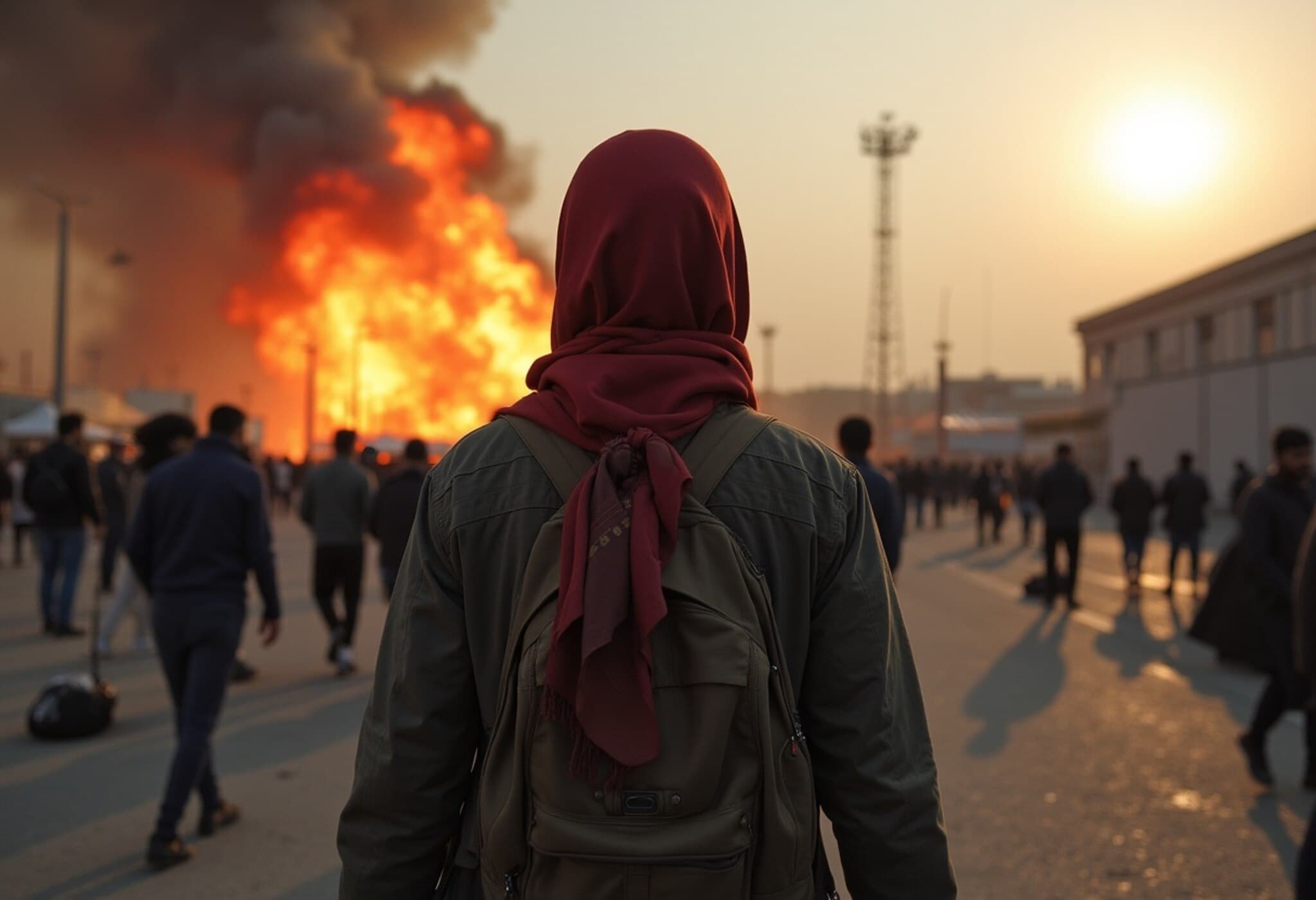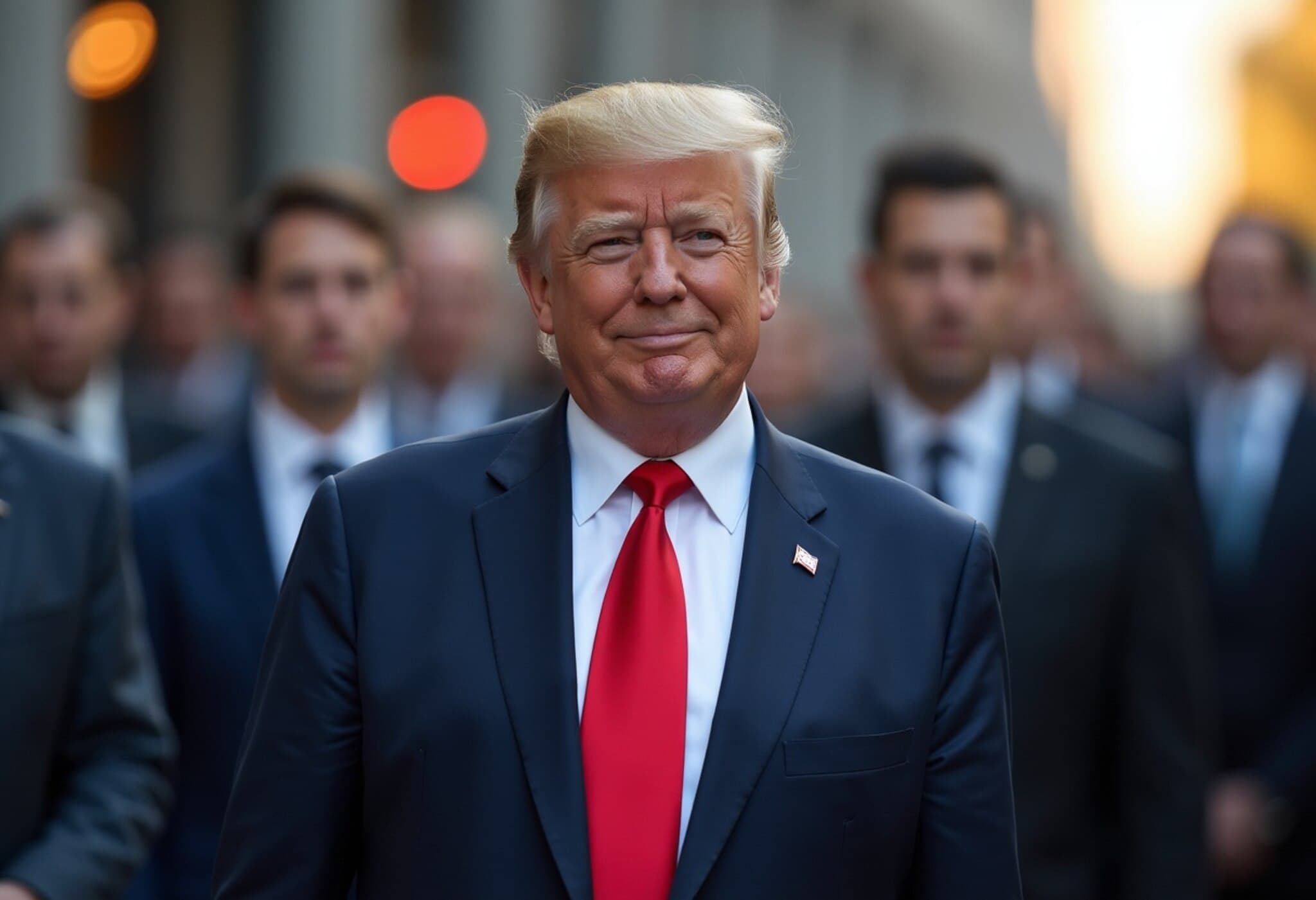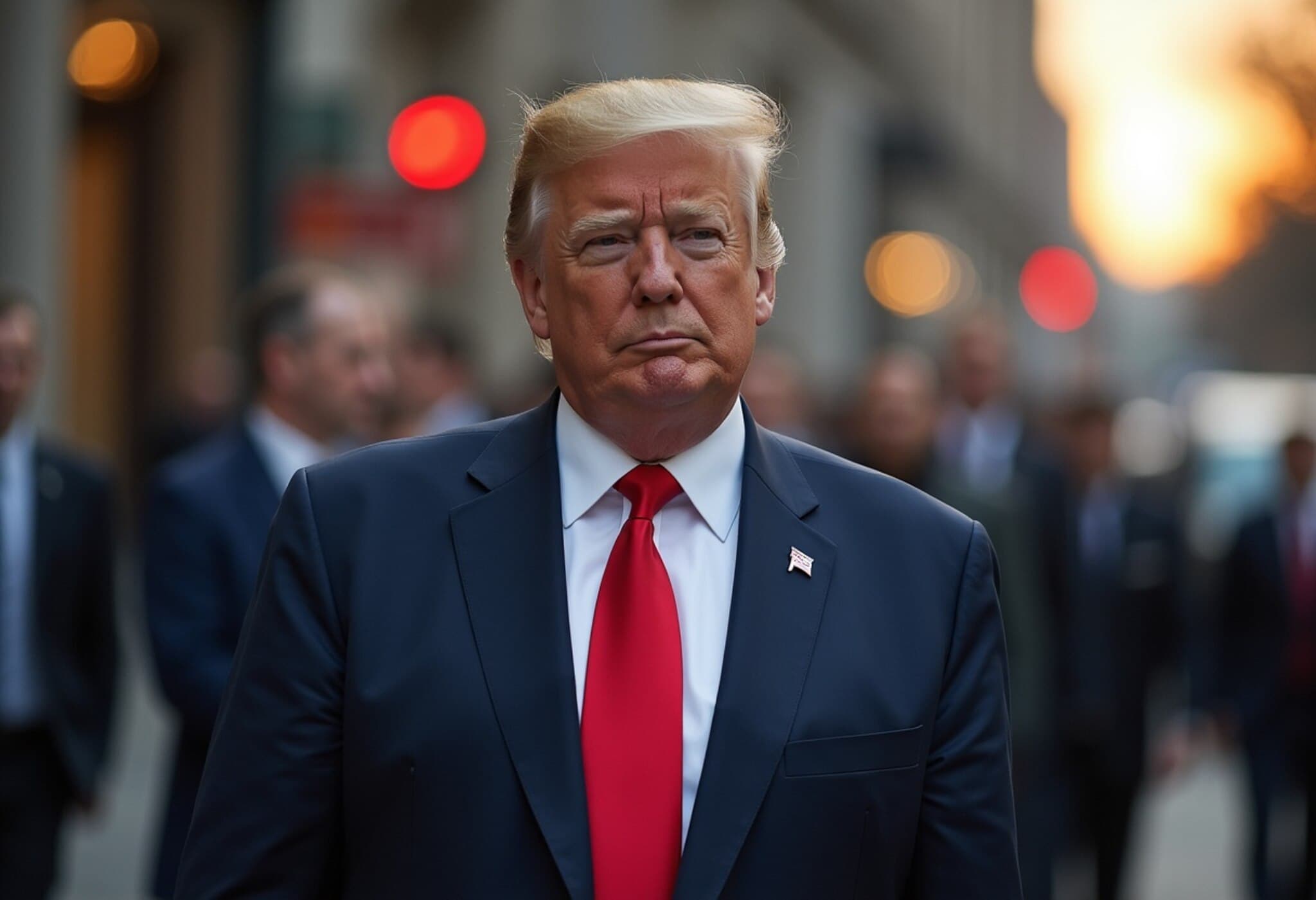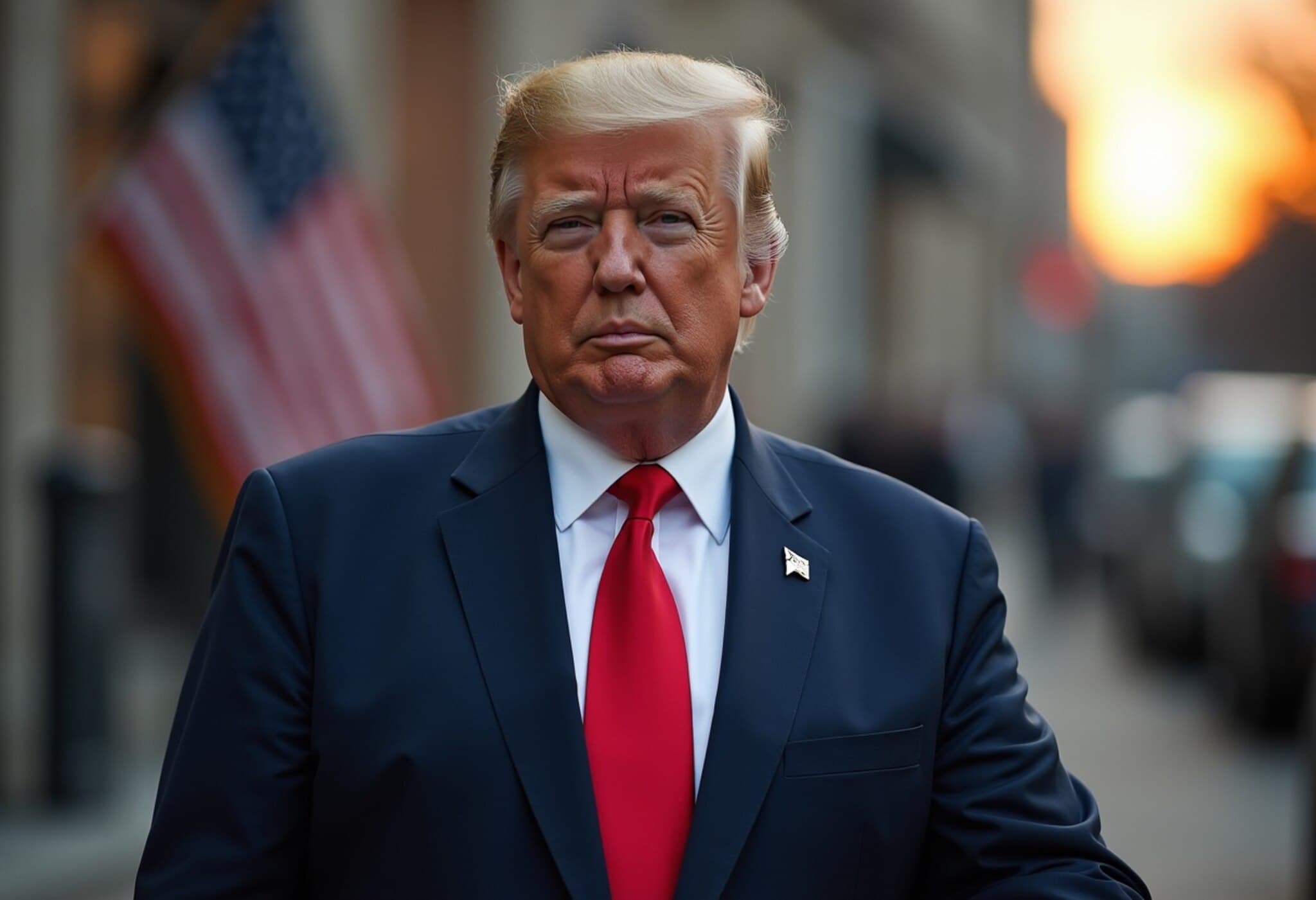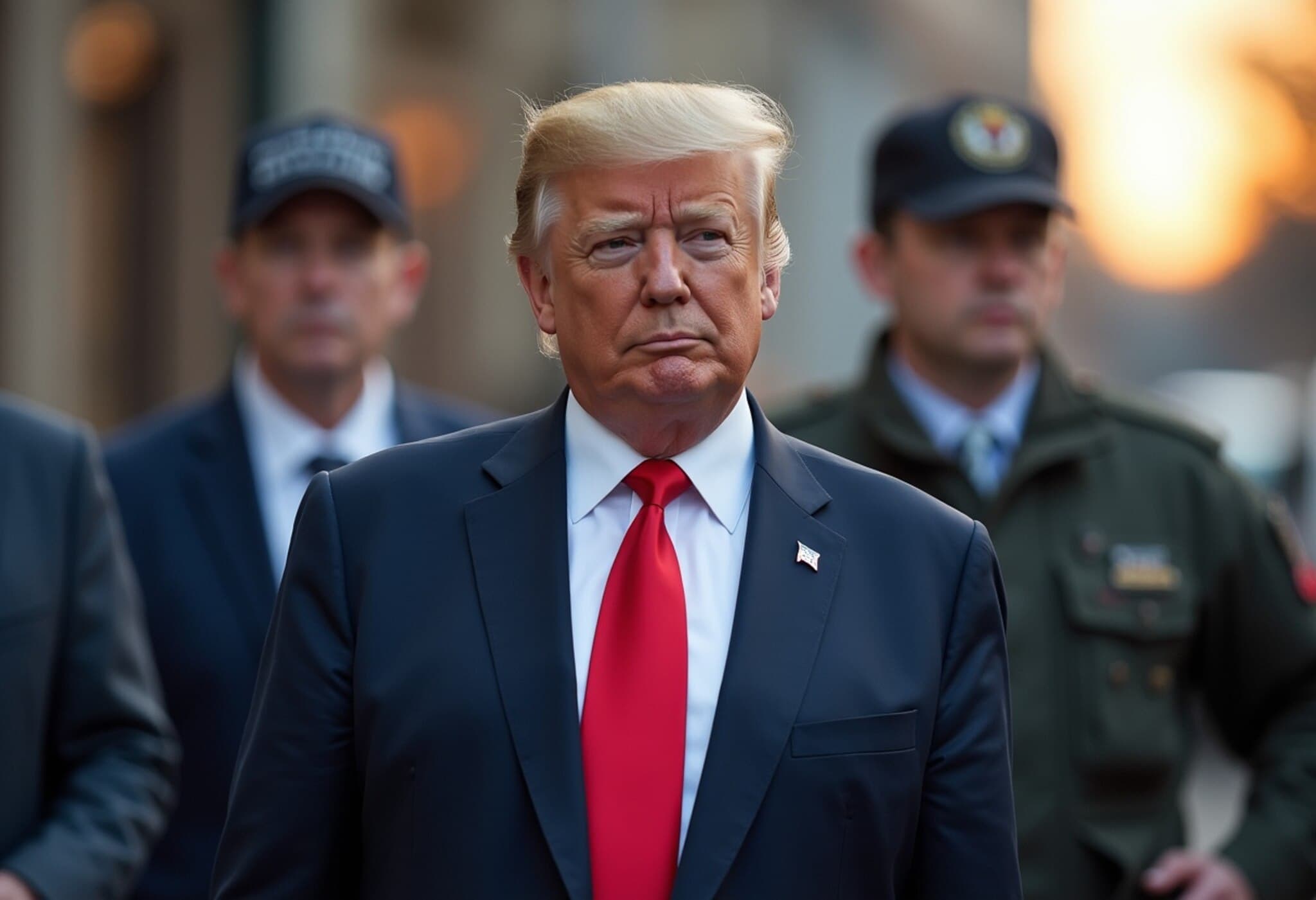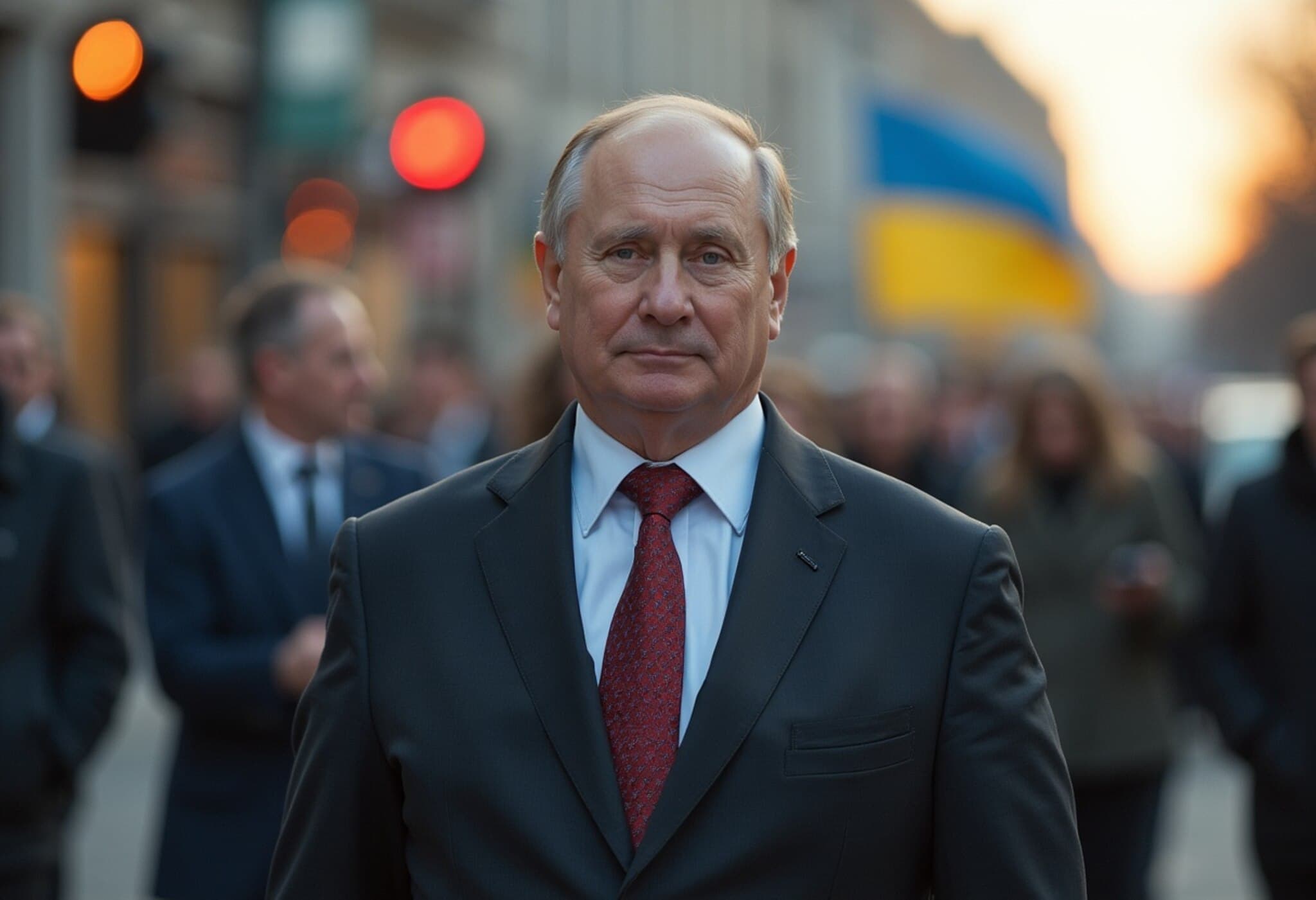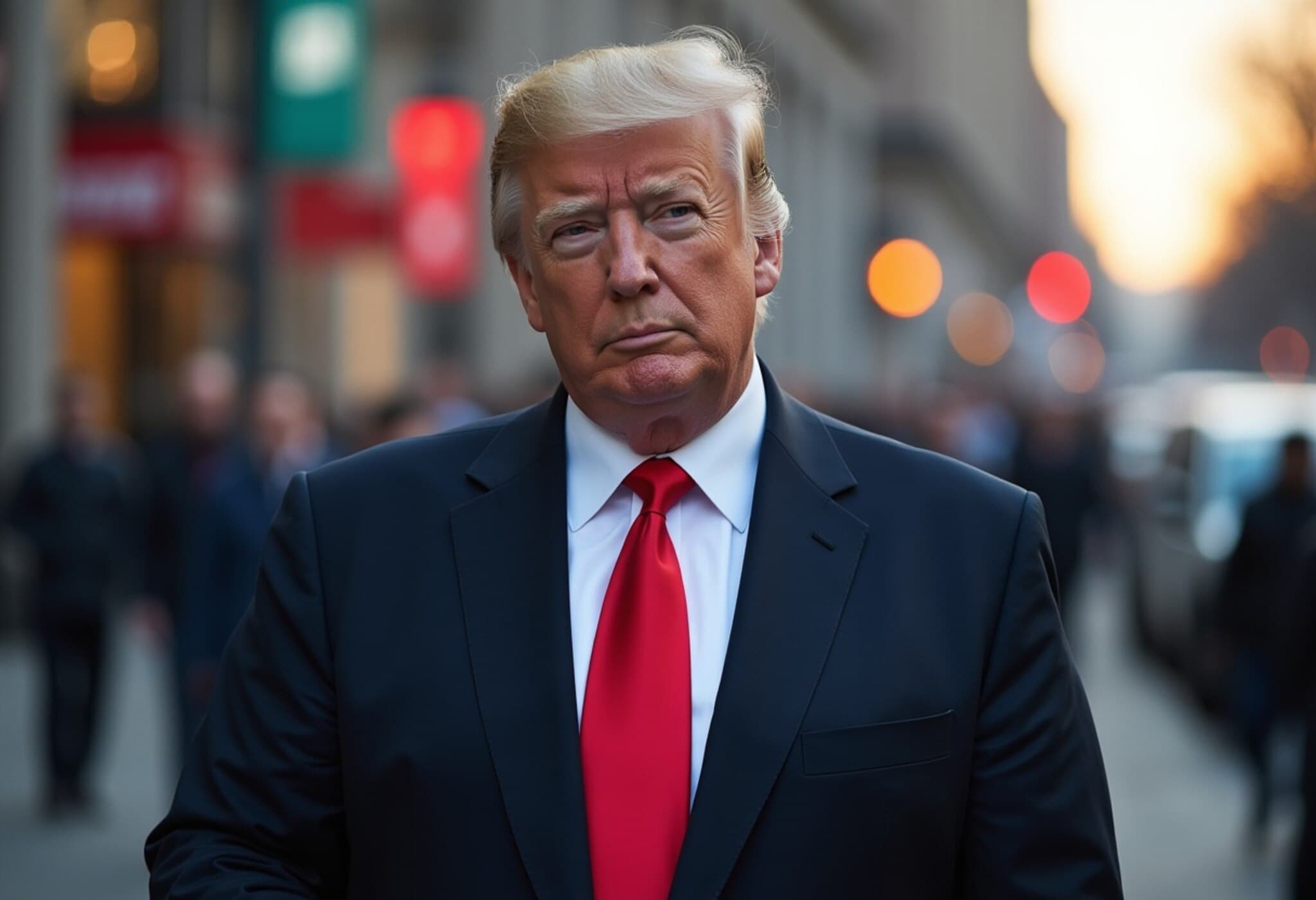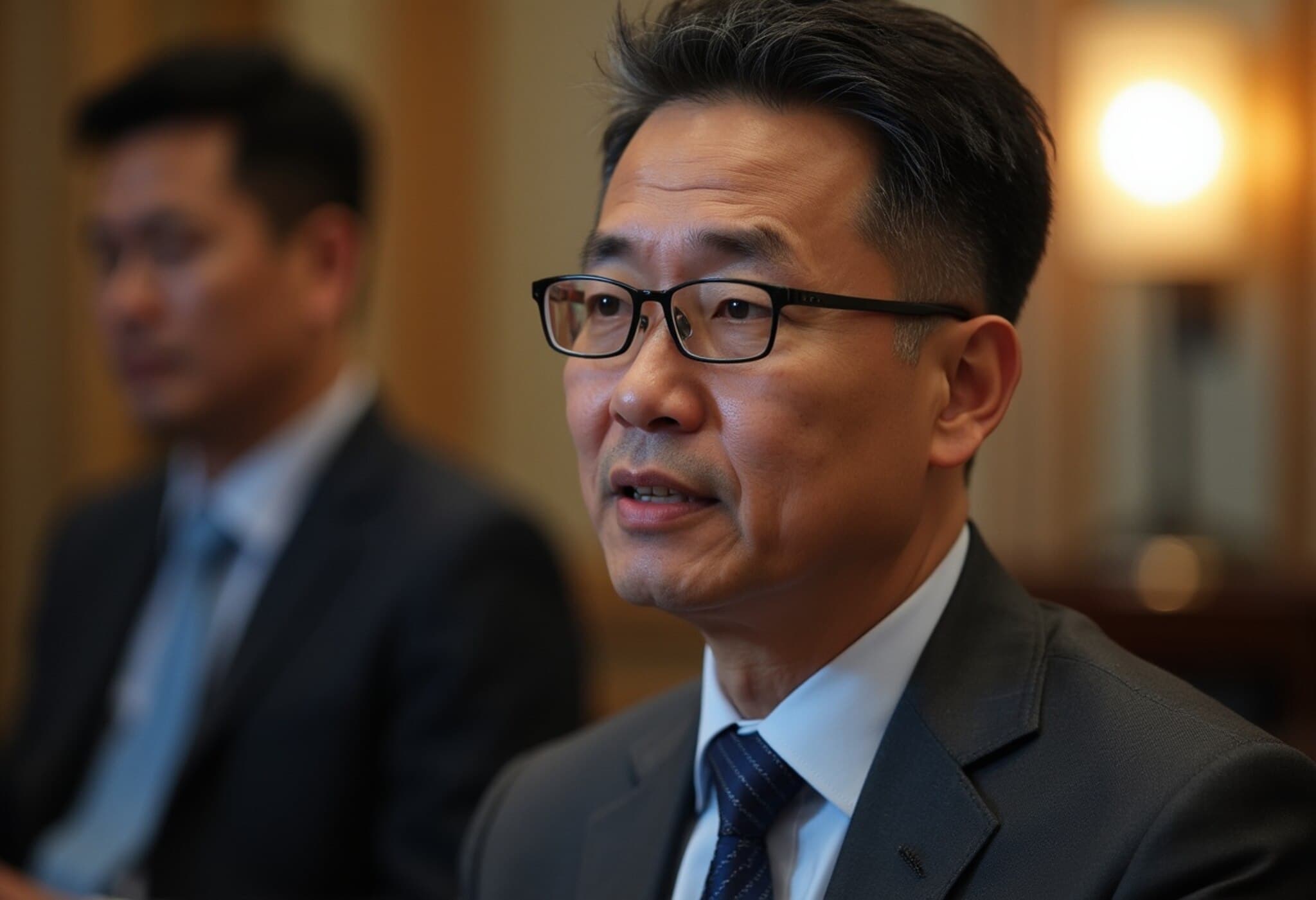Russia Responds to EU's 18th Sanctions Package with Confidence
On July 18, 2025, Kremlin spokesperson Dmitry Peskov addressed the latest wave of European Union sanctions imposed on Russia, describing Moscow’s stance with unmistakable resilience. Following the EU’s approval of its 18th sanctions package targeting critical sectors, including Russia’s lucrative oil industry, Peskov dismissed these measures as largely ineffective, asserting, “We have already acquired a certain immunity from sanctions, we have adapted to life under sanctions.”
Details of the Latest EU Sanctions
The newly implemented sanctions focus particularly on curbing Russia’s oil exports. According to European diplomatic sources reported by Reuters, the EU aims to reduce the G7’s price cap on Russian crude oil to $47.6 per barrel, a strategic move to undercut Moscow’s energy revenues.
This price cap represents a continuation of Western efforts to tighten economic pressure on Russia, amid ongoing geopolitical tensions exacerbated by Russia’s military actions in Ukraine. However, the Kremlin maintains that such tactics amount to a “one-sided” and “illegal” approach stemming from Europe’s sustained anti-Russian posture.
The Kremlin’s Perspective: Sanctions as a Double-Edged Sword
Speaking candidly to the press, Dmitry Peskov highlighted the Kremlin’s adaptive strategies developed over years under sanctions. Echoing a sentiment common in Russian political rhetoric, he emphasized that Moscow has not only endured but adjusted its economic and political practices to mitigate the harms.
Importantly, Peskov warned that these sanctions often backfire on their proponents, calling them a “double-edged weapon.” He argued that each successive package of sanctions inflicts collateral damage on the economies of the countries enforcing them, implicitly suggesting a diminishing return on Western pressure.
Expert Insights: The Complex Realities of Economic Sanctions
From an American policy analysis standpoint, the Kremlin’s claims underscore a crucial dynamic in sanction regimes: resilience and adaptation. While sanctions can impose short-term economic pain, they often incentivize targeted states to diversify trade partnerships, develop domestic alternatives, or employ sophisticated circumvention tactics.
This phenomenon complicates the efficacy of sanctions as a tool of coercive diplomacy, particularly in protracted conflicts. The recent EU move to impose a price cap rather than an outright embargo reflects an awareness of Europe’s continuing dependency on Russian energy supplies, as well as concerns about destabilizing global energy markets.
Broader Context: US-Russia Relations and ‘Secondary Tariffs’ Threats
Concurrently, statements from US political leadership have intensified the rhetoric surrounding sanctions enforcement. US President Donald Trump, in related commentary earlier this week, accused President Vladimir Putin of feigning peace efforts amidst ongoing assaults on Ukrainian cities. He issued a stark ultimatum to Russia, warning of a 50-day window to pursue a genuine peace agreement before risking 100% tariffs on all Russian imports.
More notably, Trump introduced the prospect of “secondary tariffs”, targeting third-party nations and entities that continue to engage in trade with Moscow, particularly those importing Russian oil and other key commodities. Such measures, if implemented, would represent an escalation in the sanctions regime, extending punitive reach beyond Russian borders and raising complex questions about international trade alignments.
What Lies Ahead?
- The resilience Russia claims suggests a prolonged economic contest, with Moscow leveraging alternative markets and internal adjustments.
- EU and US sanctions strategies must balance economic pressure on Russia with potential fallout on their own and global markets.
- The implementation and enforcement of secondary tariffs will be a critical test of international cooperation and economic diplomacy.
- Underlying these developments is the persistent human and geopolitical cost of the ongoing conflict in Ukraine, which remains the root of the sanctions debate.
Editor’s Note
Russia’s declaration of having developed ‘immunity’ to sanctions invites a deeper examination of the long-term effectiveness of economic coercion in modern geopolitics. While sanctions signal disapproval and can inflict financial strain, they are not a silver bullet in resolving conflicts. Policymakers face the intricate challenge of calibrating measures that influence behavior without causing unintended harm to global economic stability or alienating allies. As Russia adapts, the international community must consider innovative, multilateral strategies that complement sanctions with diplomacy and conflict resolution efforts—a balance critical to fostering lasting peace.



